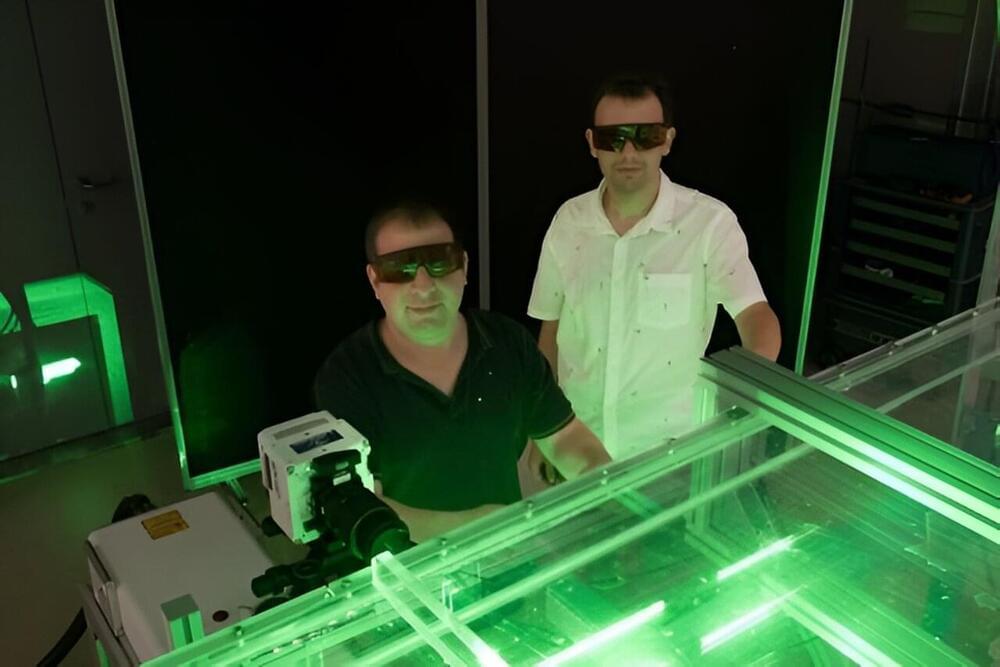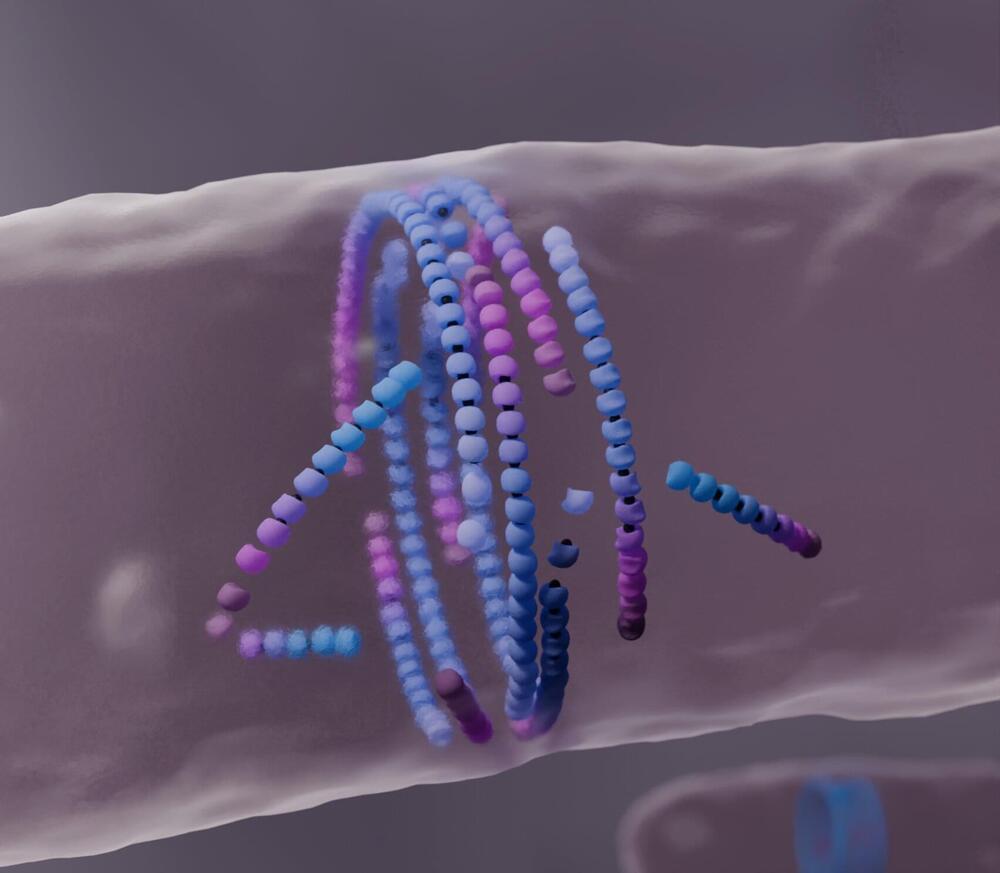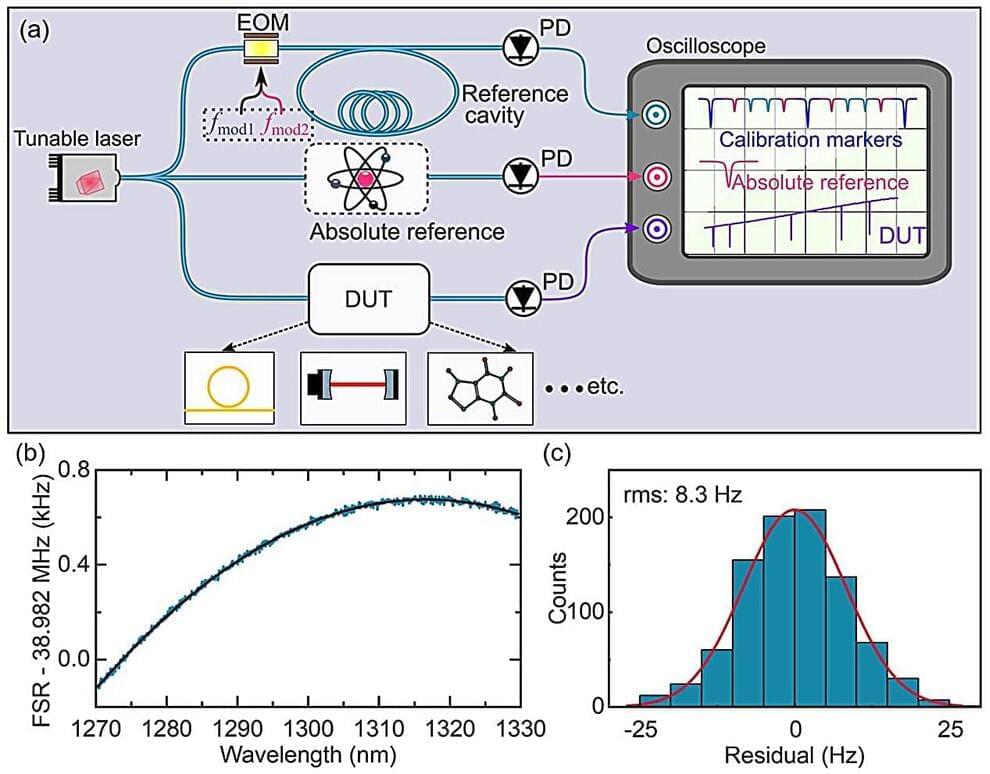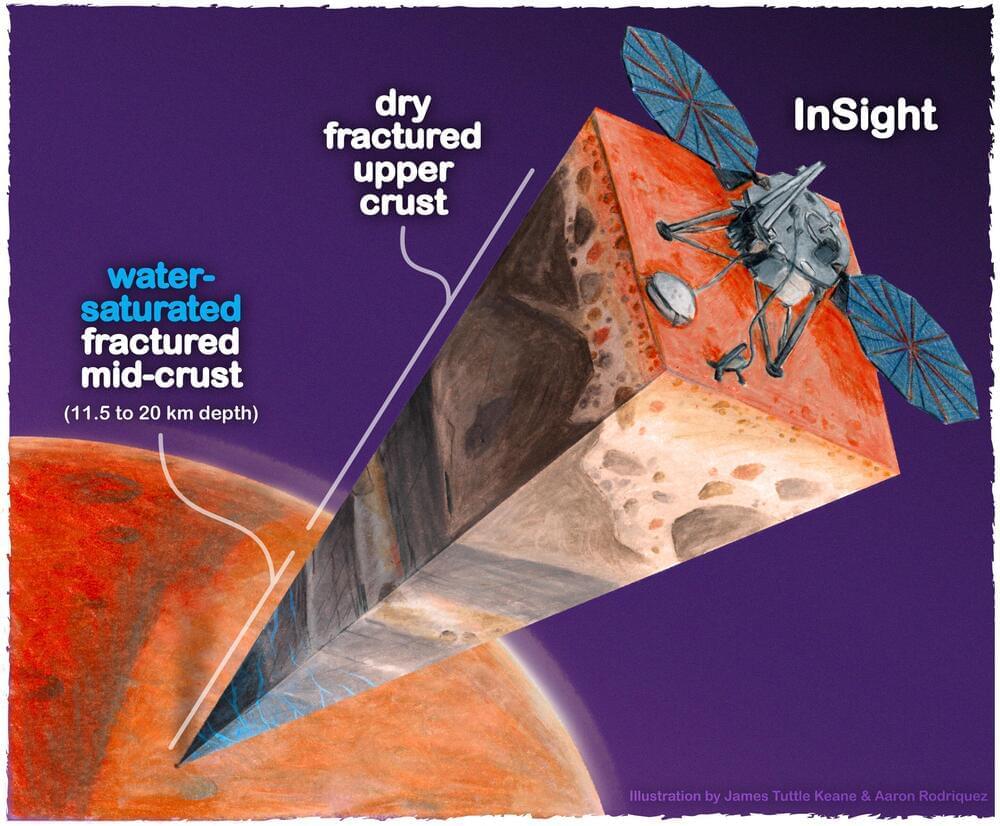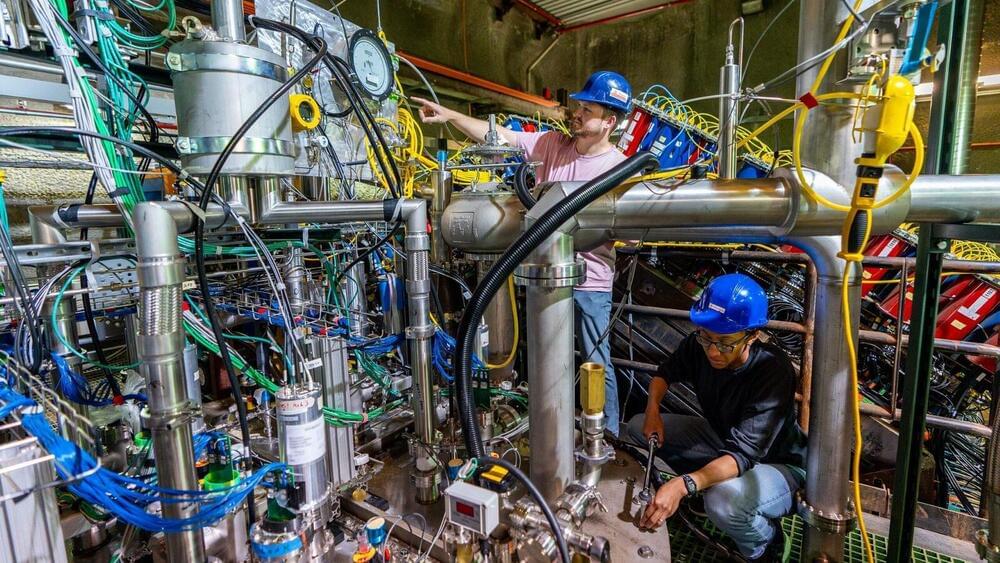Microplastics are a global problem: they end up in rivers and oceans, they accumulate in living organisms and disrupt entire ecosystems. How tiny particles behave in a current is difficult to describe scientifically, especially in the case of thin fibers, which make up more than half of microplastic contamination in marine life-forms. In turbulent currents, it is almost impossible to predict their movement.
